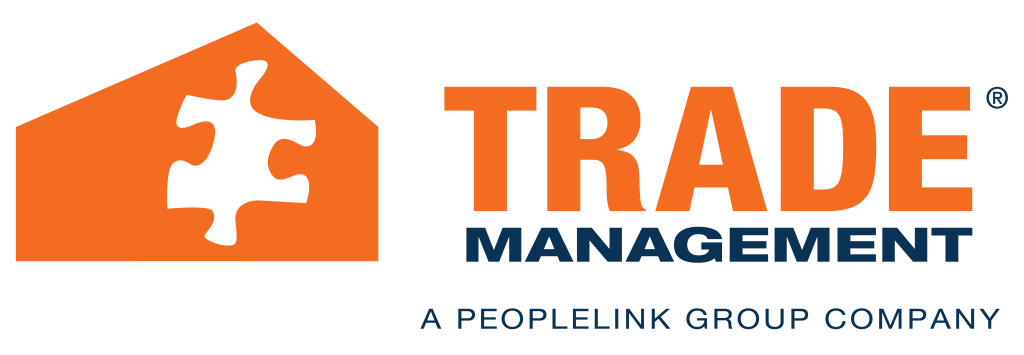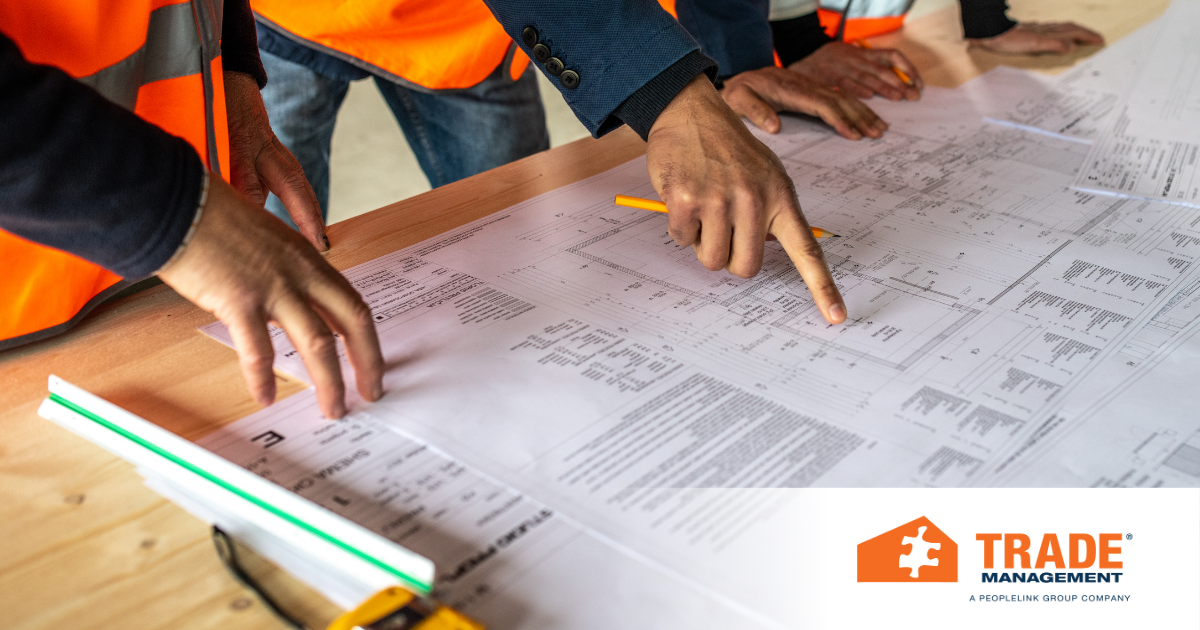In the construction industry, the quality and reliability of your workforce can make or break your project. Construction projects often operate on tight schedules and budgets. Delays caused by unreliable workers can lead to significant cost overruns and missed deadlines. Therefore, ensuring that your workforce is dependable is paramount. This means having workers that not only show up on time but also consistently deliver high-quality work and adhere to safety standards.
As an employer, partnering with a staffing agency that specializes in skilled tradespeople can significantly streamline your hiring process and ensure you get the best talent. These agencies have extensive databases of pre-screened candidates, saving you time and effort. Moreover, they understand the specific skills and certifications required for various trades, ensuring you get qualified personnel.
In fact, they can handle the entire interview process for you or send you pre-screened candidates for you to interview. Either way, the interview process remains a crucial step in identifying the right candidates. We break down what to look for in an interview and suggest effective questions to ask.
Conducting Effective Interviews
Conducting thorough interviews is essential. Here’s what to look for during the interview process to gauge a candidate’s reliability and suitability for your construction projects:
1. Experience and Skills
Look for candidates with a proven track record in the specific trade you require. Ask about their previous projects and the roles they played. This helps you assess their hands-on experience and the skills they’ve developed.
Sample Question: “Can you describe a recent project you worked on and your responsibilities?”
This question encourages candidates to provide a comprehensive overview of their experience, highlighting their role, the tasks they performed, and the results of their efforts. It allows you to gauge their level of involvement and the impact they had on the project.
2. Certifications and Training
Verify that the candidate holds the necessary certifications and has undergone relevant training. This ensures compliance with industry standards and job skills competency. It also indicates that the candidate is committed to their profession by showcasing their initiative, follow-through, and desire to be successful.
Sample Question: “What certifications do you hold, and how have they been beneficial in your previous roles?”
You may have candidates with certifications but little experience or candidates with extensive experience but perhaps lacking in certifications. This information will help you to get a well-rounded assessment of their ability to perform the job.
3. Reliability and Punctuality
During the interview, discuss the importance of reliability and punctuality in the workplace. Look for candidates who demonstrate professionalism and understand the impact of their role on the overall project. Reliable and punctual workers ensure that tasks are completed on schedule, try to prevent project delays, and contribute to a cohesive work environment. These qualities reflect a strong work ethic and an understanding of the worker’s role within the larger project team.
Sample Question: “Can you provide an example of how you’ve managed to meet tight deadlines in your previous jobs?”
Meeting tight deadlines often requires excellent time management skills. By asking this question, you can gauge how well candidates prioritize their tasks, manage their time, and stay organized under pressure. It allows them to discuss specific projects, their responsibilities, and the strategies they used to meet deadlines. This insight is crucial for determining their ability to handle the demands of construction projects.
Sample Question: “Do you consider your presence at work vital to project completion?”
This question allows them to showcase their dedication, reliability, and willingness to go the extra mile to ensure project success. It reflects their understanding of the importance of their role and their impact on the project’s overall timeline. This can even help you evaluate the relevance of their past experience to the current role and the level of responsibility they’ve handled.
4. Problem-Solving Skills
Construction sites often present unexpected challenges. Assess the candidate’s ability to think on their feet and solve problems efficiently. Reliable workers are those who can navigate obstacles without compromising the project’s progress.
Sample Question: “How do you handle unforeseen issues that arise on-site?”
By asking this question, you can get an idea of the candidate’s problem-solving skills, ability to handle stress, and how they approach unexpected issues. It also provides insight into their practical experience and adaptability in real-world scenarios. It helps you understand how they navigate obstacles and maintain productivity, ensuring that deadlines are met without compromising quality.
5. Teamwork and Communication
Construction projects are collaborative efforts. Evaluate the candidate’s ability to work well with others and communicate effectively. Good interpersonal skills are crucial for maintaining a harmonious and productive work environment.
Sample Question: “Describe how you work within a team to complete a project. How do you overcome friction? How do you view your role in ensuring the team works well together?”
This question helps you understand their ability to work effectively within a team and how they contribute to achieving project goals. You’re also asking about how they see their role. Do they describe leadership traits? Do they take ownership? Keep in mind, the candidate may not be interviewing for a supervisor position, so use discernment as you evaluate their response. You want an idea of how they interact with a team and if they take ownership of their part in the outcome while realizing they are only one person on the team.
6. Understanding Accountability
Asking candidates to describe a situation where their team missed a deadline provides insight into their sense of accountability. How they discuss this experience reveals whether they take responsibility for their actions and the actions of their team.
Sample Question: “Can you describe a time when a team you were a part of missed a project deadline?”
Keep in mind, the missed deadline can happen for a multitude of reasons, and it can’t be assumed the candidate played any role. But this question will highlight their ability to analyze what went wrong, identify contributing factors, and learn from the experience. Understanding how they handled a missed deadline and what steps they took afterward shows their capacity for growth and improvement.
Red Flags to Watch For
While it’s important to stay positive, being aware of potential red flags can help you avoid hiring unreliable workers. These include:
- Frequent Job Changes: While varied experience can be beneficial, a history of short-term positions may indicate a lack of commitment.
- Vague Answers: Candidates who provide vague or evasive answers to questions about their experience or responsibilities might be trying to cover up a lack of expertise.
- Negative Attitude: A candidate who speaks poorly of previous employers or projects may struggle with teamwork and adaptability.
Building a Positive Workplace Culture
Employers who seek reliable and dedicated workers must also do their part to acknowledge and reward effort, performance, and hard work. Showing appreciation and building a positive culture reaps big benefits but creating a workplace culture that values reliability is an ongoing endeavor. Encourage open communication, provide opportunities for professional growth and advancement, and recognize hard work and dedication often. A positive work environment attracts reliable workers and fosters loyalty and productivity.
Final Thoughts
Hiring reliable construction workers is crucial for the success of your projects. Remember, the key is to focus on the positive attributes of candidates, ask insightful questions, and look for signs of a strong work ethic and teamwork. With the right approach, you can build a team that gets projects completed on time, within budget, and to the highest standards.
If you’re looking for skilled tradespeople for your next project, we can help. Contact us today to find out how we can support your hiring needs and connect you with reliable, skilled workers.










